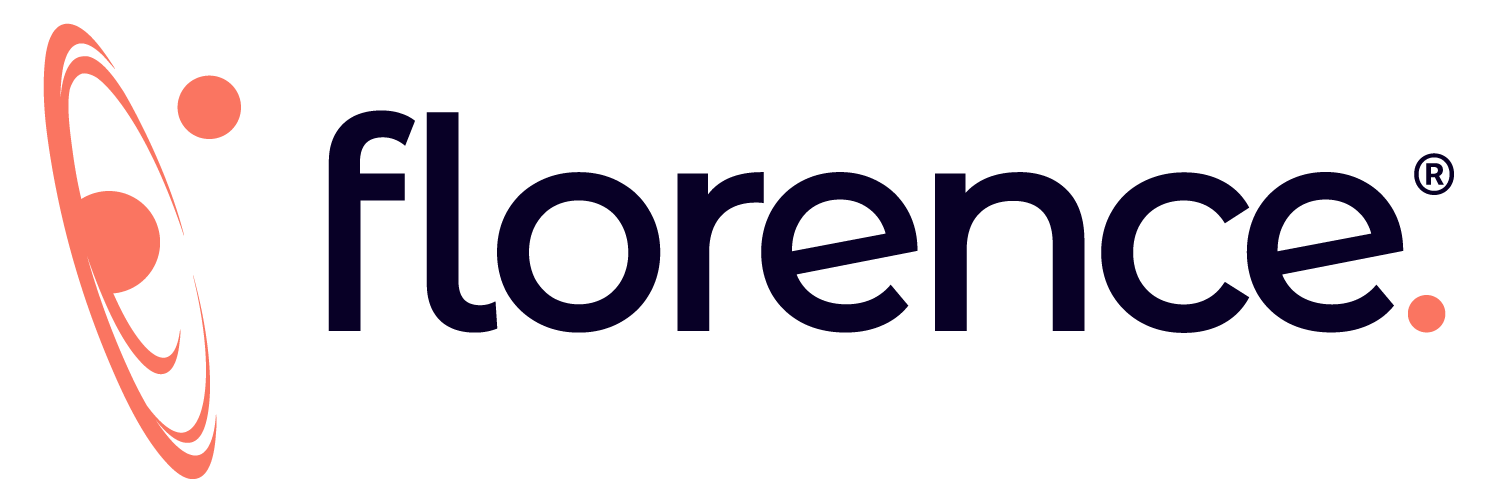Four Strategies for Creating a Better Site Experience through Site Enablement
By Ryan Jones
In 2023, Florence began working with Merck, known as MSD outside of the United States and Canada, to support their goal of reducing site burden. A significant challenge acknowledged in the industry is the expanding operational capacity gap within research sites. Staff turnover, protocol complexity, and technology overload are straining site resources and complicating monitoring and site oversight.
One element of this effort was deploying Florence’s Site Enablement Platform to digitize and standardize site document workflows to facilitate a smoother connection with trial sites and improve their operational experience. This platform transitioned sites that were on paper-based systems to Electronic Investigator Site Files (eISF) using Florence eBinders. Florence’s SiteLink then connects the sponsor directly to the site’s eISF to streamline document distribution and eBinders enable remote monitoring.
Since rolling out the Florence platform in July 2023, the company has achieved significant milestones:
- Adoption of Florence on all new studies
- Global training of >2100 Clinical Research Associates (CRAs) and sponsor staff
- Expansion to 51 countries, with full site adoption in several regions
The organization is working with Florence across four key strategic areas in order to achieve their goals:
Proactive Site Engagement
Florence ensures early site engagement, offering comprehensive briefings on new processes and tools. This strategy promotes seamless study initiation and mitigates early-stage challenges by preparing site personnel in advance, ensuring a smooth transition to new operational practices.
Focused CRA Training and Support
The company worked with Florence to develop a targeted training program that equips CRAs with in-depth knowledge and practical tools to champion the platform’s adoption at research sites. This approach facilitates higher adoption rates as well as effective platform utilization.
Continual Improvement of Site Experience
A continuous feedback mechanism with sites allows the study management teams and Florence to adapt and refine the platform, prioritizing site-specific needs and enhancing user experience. This includes ideas like distributing startup documents through eISF, creating a compliant process for sharing documents after startup and improving the efficacy of the site invite process.
Strategic Automation of Site Workflows
Focused on reducing the administrative load, this strategy involves identifying and automating key site workflows, particularly in document management. The aim is to streamline operations, minimize manual input, and accelerate processing tasks, thereby allowing site staff to focus more on research activities and less on administrative responsibilities.
By addressing the capacity gap and enhancing site enablement through these strategic pillars, Florence aims to support Merck in improving the efficiency and quality of clinical trial operations on a global scale.
Get Started on your Site Enablement Journey
Learn more about how the organization had success in navigating getting adoption at sites and among their CRAs, and how they’ve integrated it across their processes on a demo with our site enablement experts. Click here to get started.
About the Author


